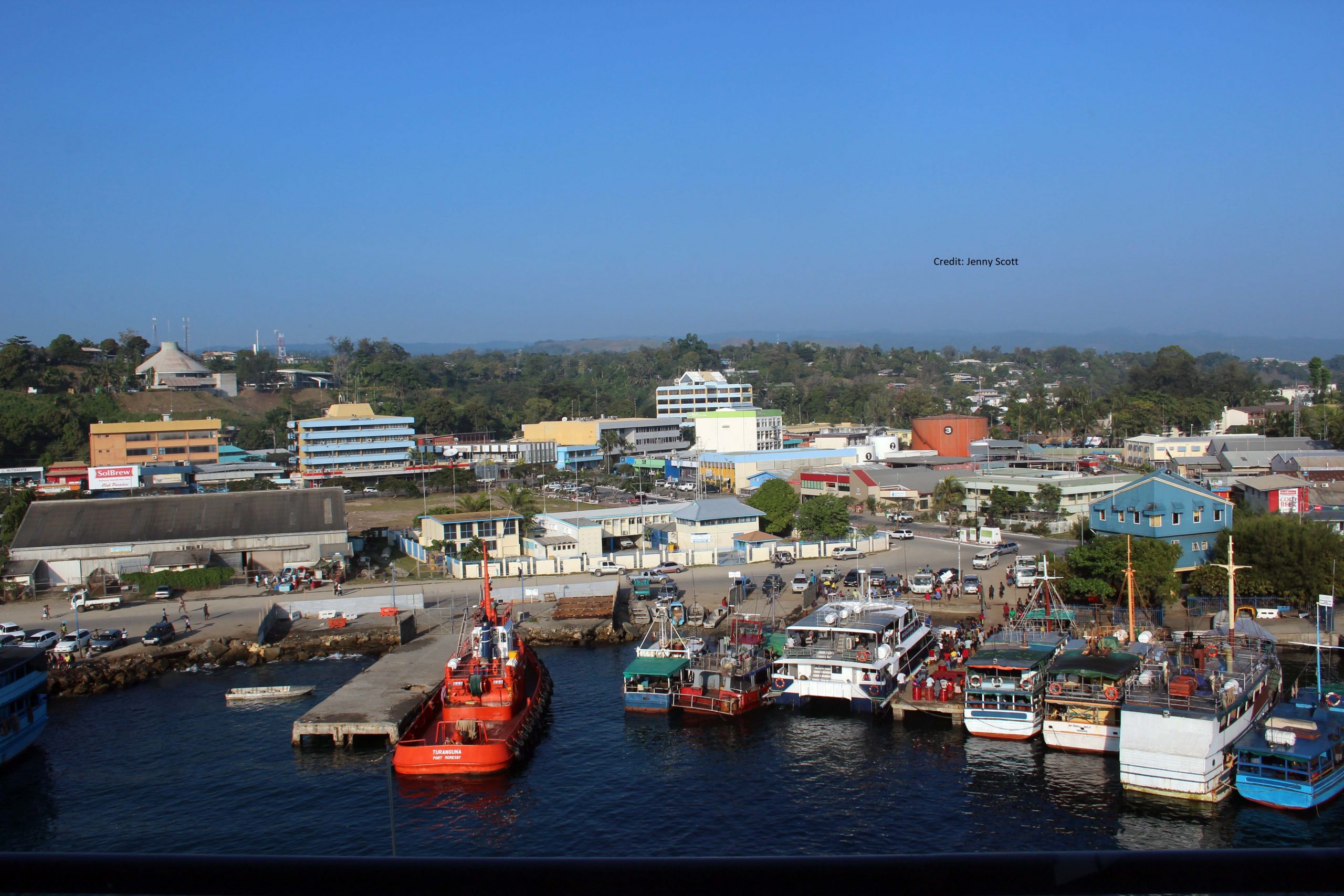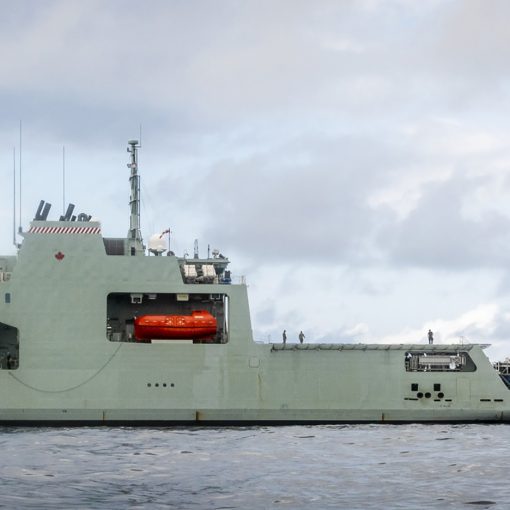By Brian Bertosa, 22 July 2022
Another “Dire Threat to Western Democracy”? We don’t have enough of them as it is? And from such a clear and present . . . direction, the Solomon Islands. (I admit it, I had to consult a map.) Dr. Julian Spencer-Churchill’s characterization of the implications of China’s security pact with Solomon Islands (the definite article ‘the’ is not part of the country’s official name) reminds me of those oh-so-earnest Western commentators during the (first) Cold War who tried to make us quiver in our boots about the military capabilities of countries such as Bulgaria or Romania. (See Julian Spencer-Churchill, “The Solomon Islands’ Security Treaty with China Poses a Dire Threat to Western Democracy” available at The Solomon Islands’ Security Treaty with China Poses a Dire Threat to Western Democracy – Canadian Naval Review) The good professor seems to be following the playbook of Boris Johnson and his shrill Foreign Secretary, Liz Truss. But their use of the direst language they could find at least came in the wake of Vladimir Putin’s invasion of the Ukraine. If Spencer-Churchill sees China in the Solomons as a dire threat, then Roget’s Thesaurus will be of no help to him should something more serious come up.
The professor suggests three possible courses of action in response. The first consists of “sponsoring local anti-regime factions in conjunction with propaganda, economic and diplomatic instruments.” Unlike the historical example he gives of this response, namely, Portugal’s former colonies in Africa, it would be very difficult to provide material support to those opposed to the Solomons government, presumably in the pro-Taiwan Malaita Province, due to the lack of a land border. The non-material “instruments” he advocates, however, ought to be feasible, and I would be surprised if such action had not begun already. Although it risks aggravating already-simmering tensions in the country between those for and those against closer ties to the People’s Republic, it is probably all that the West can reasonably be expected to get away with there.
His second suggestion amounts to somehow inciting a regional power, of which Indonesia and Australia are the only credible ones, to occupy the Solomons. Indonesia’s record in East Timor, which they invaded in 1975, is well known; even if the Indonesians were willing to do the job, the rest of the world would likely not be enthusiastic. As for the Australians, only the prospect of gross human rights violations—like those in East Timor, ironically enough—could possibly induce them to intervene, and then probably only under United Nations auspices.1 I estimate the chances of an “invasion by proxy” of this sort as nil.
The third option, which Spencer-Churchill himself describes as “desperate” and “a last resort,” is direct military intervention by the United States. He cites the example of Grenada in 1983 which, despite a great deal of American propaganda at the time talking about a “dire threat,” was seen by much of the world as an egregiously disproportionate use of force. Given that Solomon Islands does not even have a defence force, an American invasion of that country would be seen in an even worse light. Nor can I imagine any support for such a thing domestically, particularly in the wake of Afghanistan and with the new security challenges arising in Europe. At most, the Americans might try to persuade the Australians to do the deed, promising full logistical support and, in fact, to underwrite the whole operation, but as I mentioned above, I doubt that they would agree.
In the meantime, I, for one, will not be losing any sleep over the new security agreement between China and Solomon Islands. The Chinese cannot hope to gain anything from that desperately poor and disunited country beyond its sheer physical location. The Islanders, for their part, will probably end up with a shiny new soccer stadium, built by the Chinese as cheaply as they possibly can, in exchange for a debt they may never be able to pay off, as has proven to be the case with so many of China’s new client states in Africa.2 Neither party will ever be entirely happy with the arrangement, and it is this, more than anything the West can reasonably be expected to do, that is the best hope for an eventual triumph of the anti-Beijing faction and an abrogation of the agreement.
So no, I do not see the situation as dire at all. At most, it is a cause for concern, and I think it very much behooves academics, as well as other opinion leaders, to keep their language measured, ensuring that it is a good fit with the facts under consideration. If we must, let’s leave phrases like “dire threat” to the politicians, some of whom, particularly in the United Kingdom, seem bent on using them to whip their listeners into a frenzy it may not always be easy to back away from.
Notes
1 Australian troops were, in fact, sent in to Solomon Islands—and not for the first time!—in 2021 to quell unrest, but that was at the invitation of the Solomons government. What Spencer-Churchill is advocating here is entirely different.
2 Eloquently recounted by Howard W. French in his China’s Second Continent: How a Million Migrants Are Building a New Empire in Africa (New York: Alfred A. Knopf, 2014).





One thought on ““Dire Threat” or Cause for Concern? A Reply to Julian Spencer-Churchill”
Brian Bertosa has written a thoughtfully constructive critical analysis of my claims about three Western intervention scenarios in (silent “The”) Solomons. I agree with all of the details Brian raises to flesh out the first scenario, indicating that he has some intimate regional knowledge. In the second scenario, I could foresee a limited Kopassus operation in conjunction with Australia and the US, especially if China fails to reassure Indonesia over its Natuna Island. In the third scenario, the 1983 US intervention was accomplished despite the persisting hangover of Vietnam, showing the difference in the US between wars of choice and wars of necessity. My urgent style is driven less by the Cold War than the closely called battle between the Australians from Tobruk, and their Japanese adversaries near Lae, in WW2. I hope Brian is right that scarce Chinese capital will be invested in stadiums. Otherwise it could be a replay of the time-consuming 18-month US island hopping campaign against Japan in WW2.